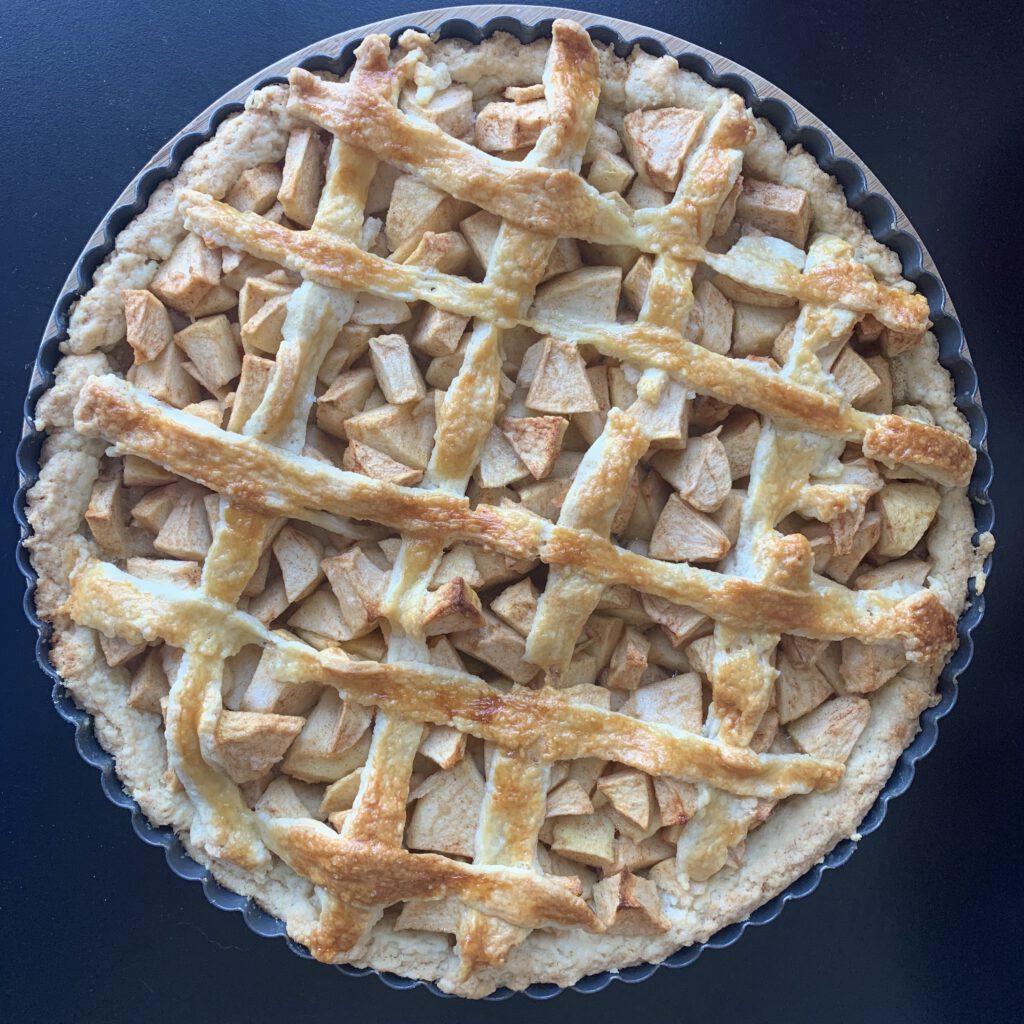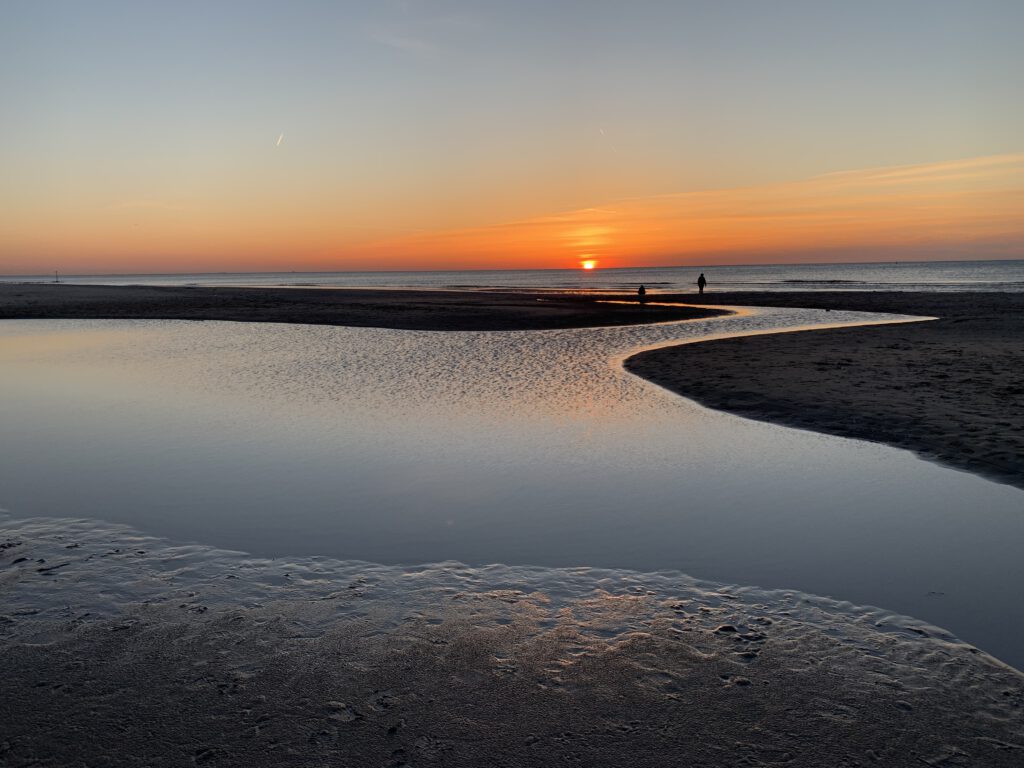What do you remember about the day you got married, or the day you got your first kiss? Once you really start thinking about, you probably can replay a lot of details.
How about your first day of high school or university? Maybe a little harder, but you sure can bring back some sensations. And then: how about a random Tuesday in March five years ago, or even last year? Unless any of them was a special day, you may not even remember anything. Many days in our life turn into blanks without vivid memories.
But when we are prompted to tell stories about our happy memories, beautiful stories come out. These are the moments that define our life. Eight years ago – when I already started to be intrigued by the puzzle of happiness, but before my TEDx talk or the launch of the blog – I surveyed some friends and strangers (anonymously) about their happy memories*. After a quick search, I found the answer sheet back in my files. Here are some of the stories:
- Re-discovering a long forgotten postcard from a close friend
- The feeling of an adrenaline high after riding a horse at a very fast pace for a long time!
- Being on XTC on an amazing technoparty
- Laughing together with my love at a good joke – no matter if we are laughing at ourselves
- Going to a secluded clean beach (preferably either from my favourite ones near home) on my own or with a few close friends. The sea makes me happy:)
* The stories are beautiful, so I am repeating the exercise now. If you want to share your happy memories, please fill out the form at the end
The art of making memories
I felt inspired to looking back at these stories by ‘The Art of Making Memories’, by Meik Wiking (the director of the Happiness Research Institute in Copenhagen). His book touches upon a lot of fascinating research: tricks to remember long strains of data; the manipulation of memories; and nostalgia. But most importantly, he tells us how we can create happy memories and hold on to them. This is what he found:
- The power of firsts: many memories are about things done for the first time. So how can you make days in your life memorable? By doing something new. Visit a park in a side of town where you usually don’t come, or – once they’re open again – a museum you haven’t been to. And even when you stay at home, there are plenty of opportunities to cook a new dish. Behold the first apple pie my wife and I baked together:

- Storytelling: why do people buy souvenirs from their trips? Because they tell stories that will remind them of the experience. I have a small showcase with some memory-triggering objects: there is a decorated skull from Mexico that brings me back to the happiness conference where I met Meik. There are my espresso cups from Lviv and Porto, each carrying streams of memories. Another great example is the long forgotten postcard from a close friend the first respondent to my survey told me about.
- Emotional reactions: events with strong emotions are memorable. Meik gives the example of a vacation day he planned to spend reading a book, when his friends proposed to go jet-skiing. In those situations, ask yourself: what will I remember in ten years? Not the book. I applied the same logic a few weeks ago when we missed the last skilift and couldn’t ski back to our parking. Instead of ordering a cab (boring, no emotional memory), we walked back through the snowy forest. It was a small struggle, but ultimately fun and memorable.
- Meaningful moments: meaning is another factor that makes an event memorable. Those can be the big days – weddings or giving birth. Or they can be meaningful because of the time spent with an important person, like the person quoted above who was happy laughing with (and of) her boyfriend.
- Invest attention: obviously, no attention = no memory. But it is important: in our daily routine, we often behave according to our usual patterns and fail to notice our surroundings. A ‘digital detox’ helps: phones are the most devilish distracting devices ever invented. Shape habits to prevent this; for instance, when I am outside in the dark I always consciously look out for the moon. Investing attention is also what the people that shared their memories did: they were aware of their feeling of adrenaline during a horse ride, the effect of XTC at a technoparty, or the simple beauty of the sea.

Happy memories are beautiful to share and to read. If you want to share yours, please fill out the form:
